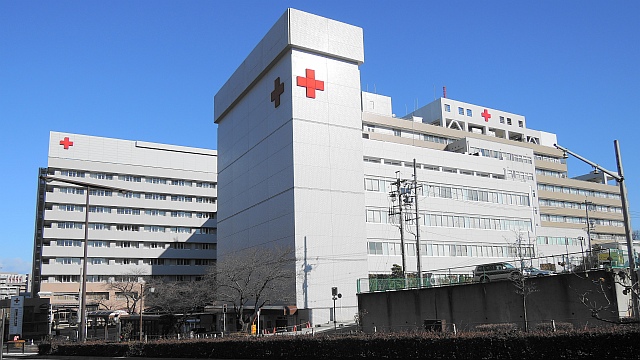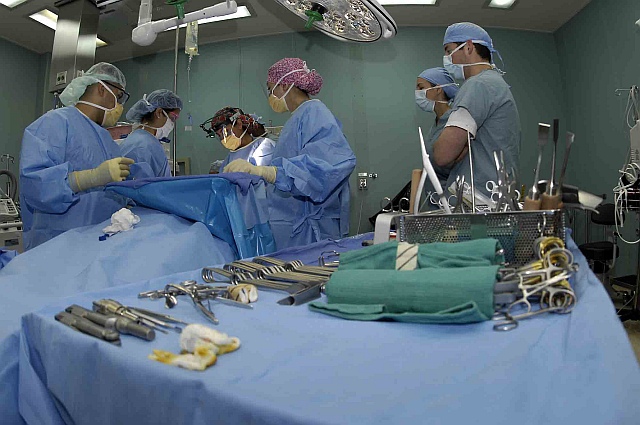Routine surgical procedures take place each and every day. Nevertheless, when you are the person who’s having the surgery carried out on them, it’s natural to be nervous. To stop your nerves and to think things through clearly, you should learn as much as possible about the process that you’re about to go through. Although these steps might be common knowledge to people in the medical and care professions, many ordinary people know nothing about them.
The information below will tell you everything you need to know about what your routine surgery experience will be like. Having all the information available to you should help to settle your mind and make the process a little less daunting for you. So, start reading now if you want to know what the process will entail.
A Lengthy and In-Depth Consultation
Your doctor will talk you through the surgery and what you can expect. They’ll tell you what happens during the procedure and why it has to be carried out. During this consultation, you will have an opportunity to ask questions and find out everything that you need to know. It’s at this stage that you will also have to give your permission to go ahead with the surgery based on what you’ve been told. Your doctor will also tell you about the risks involved. All surgery carries a risk, so this shouldn’t put you off having the surgery carried out.
Tests Ahead of Surgery
You will usually go for a preoperative assessment to make sure that you are fit and healthy for what lies ahead. Most people will pass this easily, but it’s still important that it happens. They will ensure that any pre-existing medical conditions won’t be impacted by the surgery. And they will probably carry out some blood tests too. When the assessment has been carried out, you will be passed as ready for surgery. And at this point you will also be told whether or not you should stop taking any medication you’re on ahead of the surgery.
Hygiene
Hygiene is a big deal when you’re about to go into hospital for surgery. Your doctor will outline all the ways in which you need to be prepared for surgery. Some of the things that will be covered are things like nail polish and makeup. These things have to be removed before surgery. Likewise, you will have to remove any piercing you have. Your skin and nails might be checked by a doctor before surgery, but this is mainly to do with your blood circulation. You will still want to be clean before that assessment takes place, though.
Fasting
Fasting has to happen before you go in for surgery. This is the case of most forms of surgery. You will be able to eat after the surgery has been completed. But for a certain number of hours ahead of the procedure, you won’t be able to. This is something that your doctor will make clear to you before you go into hospital for surgery, so don’t worry about it just yet. Anything that your doctor wants you to do in preparation for the surgery will be laid out in detail when you go for a consultation.
Pack for Your Hospital Stay
You will then need to think about packing for your stay in hospital. Talk to your doctor about how long you can expect to stay in hospital after the surgery has been completed. For routine procedures, you usually won’t have to stay in hospital for too long. When you’re packing, you should focus on packing things to stave off boredom if you are going to be there for longer than a day. And take clothes that you can change into before you leave. Aside from that, you will just need to bring the basics with you. Don’t take too much because it will just weigh you down on your journey in and out of the hospital.
Arranging Transportation
Transportation is something that you should definitely give some thought to ahead of the surgery. If you have mobility problems or you don’t drive, you should arrange suitable transportation before the day arrives. You don’t want to turn up late because you left making arrangements until the last minute. This could hold up the surgery and cause significant disruption for the hospital as well. You don’t want to be responsible for that, so think about this now rather than later. It’s often best not to drive because you might not be able to drive back if you’ve been under anaesthetic.
A Professional Job
It’s only right to expect a professional job from everyone who works on your surgery. From the anaesthetic to the surgery itself, everything needs to be done properly. And this is what happens most of the time. Accidents and mistakes are very rare because medical professionals often do great work under pressure and hectic conditions. However, sometimes do occasionally go wrong. You should always report problems or complaints to the hospital if this happens to you. It’s important that these things are recorded. On top of that, Gersowitz Libo & Korek PC can offer help with getting compensation if surgery goes wrong due to mistakes being made.
After Surgery Support and Recuperation
When your surgical procedure has been completed, you will go through a phase of recuperation. The length of this phase will, of course, depend on the kind of surgery that was carried out. For some people, it will mean being kept in hospital for a few days. But other people can go home a few hours later when the nurses on the ward have checked that they’re okay to be released. A few weeks later, you will probably go for a checkup with your doctor to see how you’re doing after the surgery. Your care will the be taken from there.
If you have any other questions about aspects of your routine surgery procedure that weren’t covered above, be sure to ask your doctor. They will be best placed to give you the answers to the questions you have.






Thank you for this article on recovering from routine surgery. I view any kind of surgery as major and very serious so there tips and suggestions are very helpful,